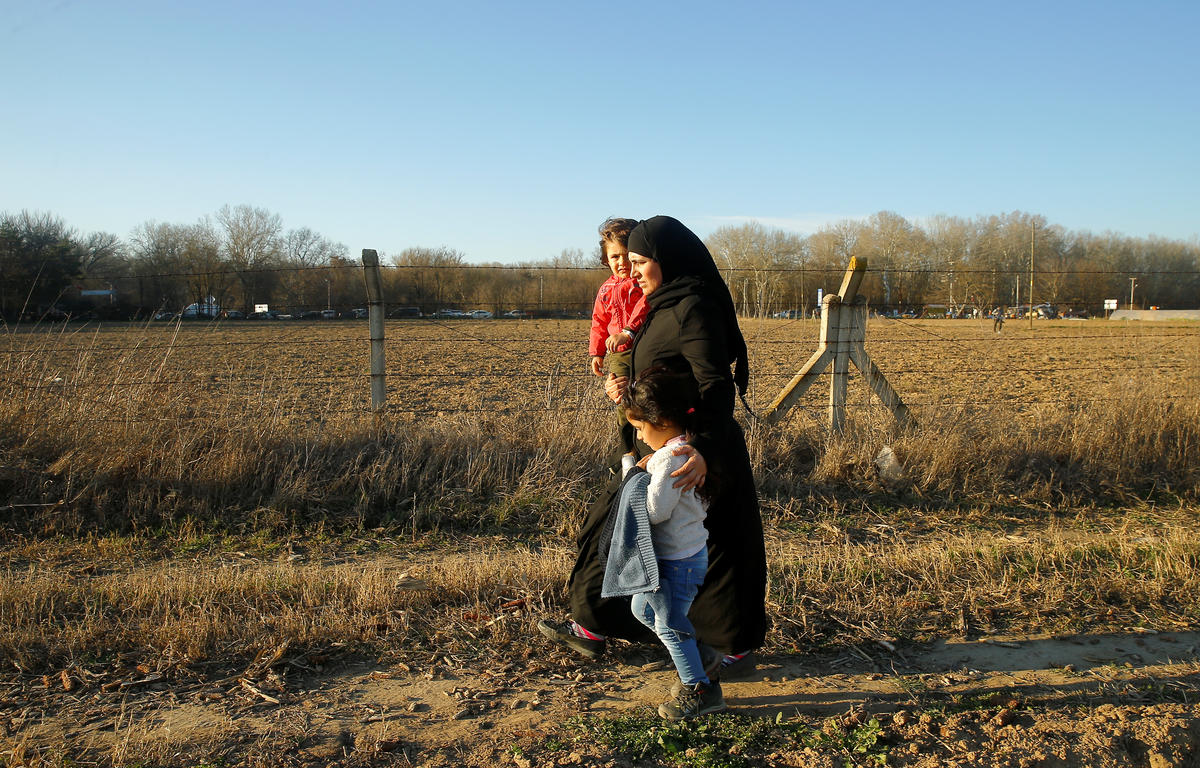UNHCR urges meeting on irregular migration in Mediterranean
UNHCR urges meeting on irregular migration in Mediterranean
High Commissioner António Guterres has asked the European Commission to consider convening a meeting between Italy, Malta, Libya, UNHCR and other relevant partners to work on a joint strategy for a more satisfactory response to irregular migration across the Mediterranean, following Italy's recent 'push-backs' to Libya.
In a letter sent yesterday to EC Vice President Jacques Barrot, Mr. Guterres said UNHCR recognises the pressure that irregular migration places on Italy and other European Union (EU) Member States.
At the same time, UNHCR believes fundamental principles are at stake and that these principles ought to guide the response to such movements. In line with the Universal Declaration of Human Rights, the EU Charter of Fundamental Rights guarantees the right to seek asylum from persecution and that the customary international law principle of non-refoulement precludes return to situations where a person's life or freedom would be in jeopardy. He stresses that the provision of asylum remains a responsibility of States and UNHCR's activities cannot be a substitute for that responsibility.
UNHCR is increasing its presence in Libya to better serve the needs of those seeking international protection.











